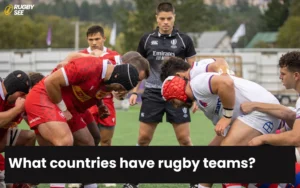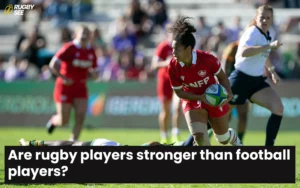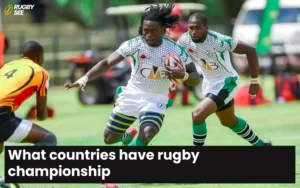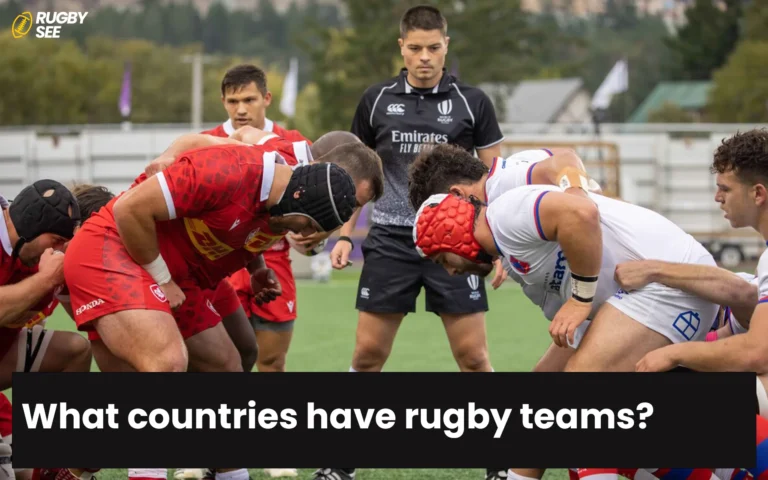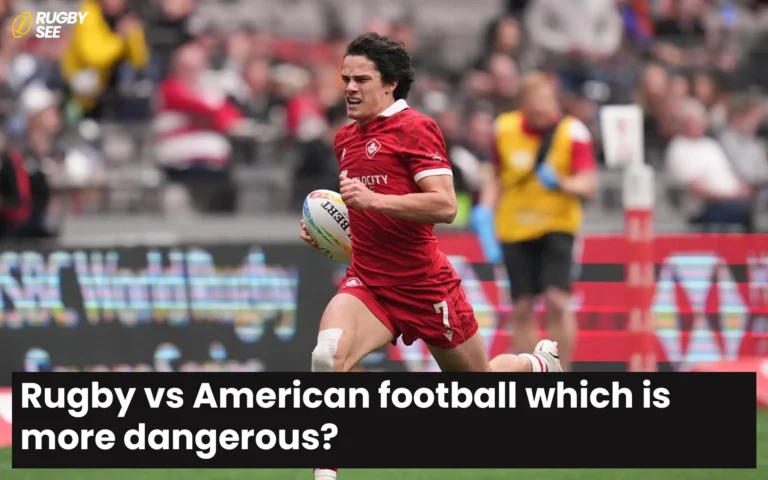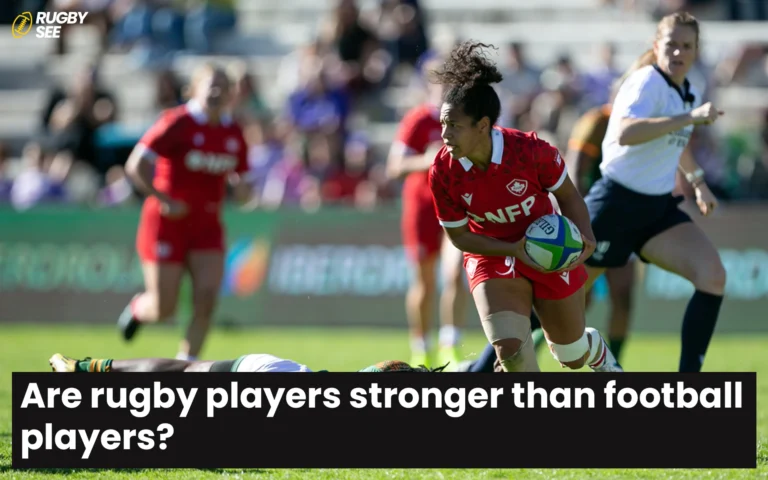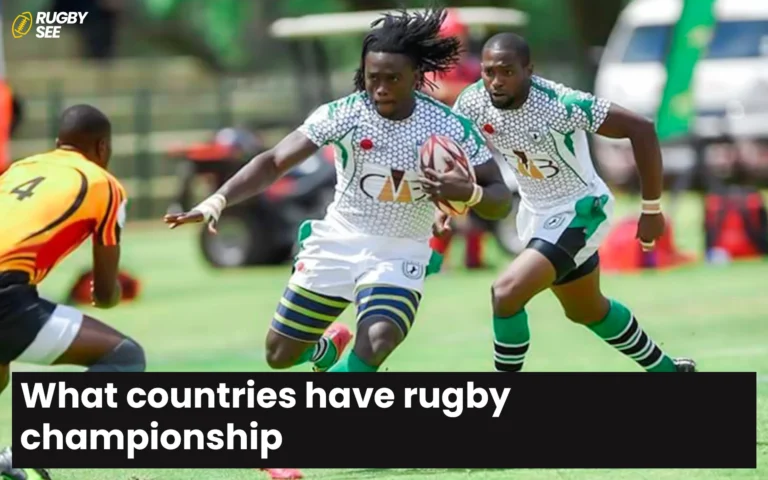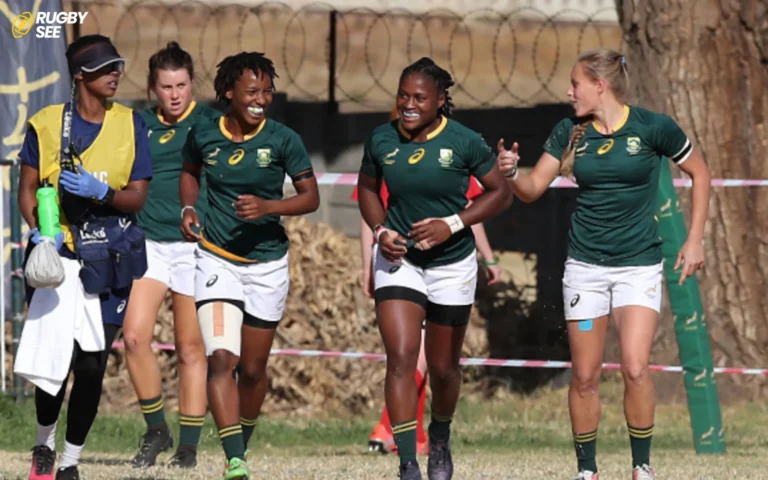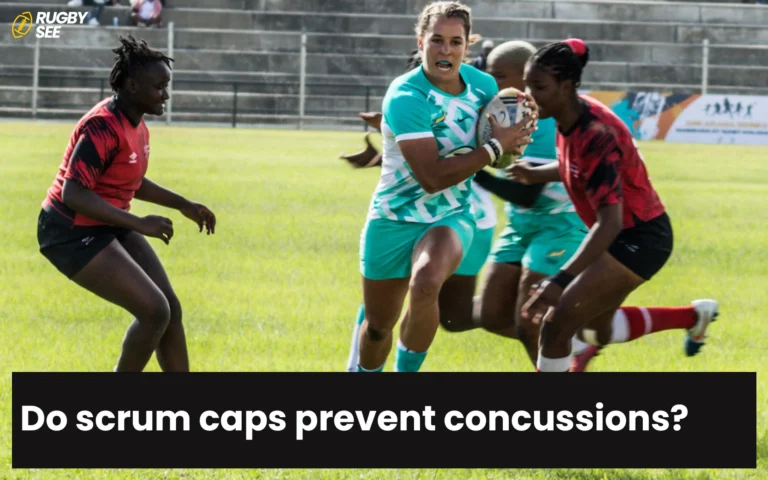In the world of rugby union, representing your country on the international stage is the pinnacle of success. The honor of wearing the national jersey and competing at the highest level is the dream of many players. But beyond the pride and prestige, a practical question is often raised: are rugby union players paid for international games? Let’s dive into the financial side of international rugby in this piece from Rugbysee to understand how compensation works for these elite athletes.
The Basics of Player Compensation in International Rugby
Payment Structures
The short answer is yes, rugby union players do get paid for playing in international matches. However, the specifics can vary significantly from one country to another, depending on the rugby union’s financial health, sponsorship deals, and agreements with players. Payment for international games typically comes in two forms: match fees and performance bonuses.
Match Fees
Match fees are a fixed amount paid to players for each international game they play. These fees can vary widely between different national teams, reflecting the economic disparities in the sport. For example, top-tier rugby nations like England, New Zealand, and France are known to pay their players substantial match fees, often exceeding £20,000 per game. In contrast, players from smaller rugby nations might receive much lower compensation, sometimes just a few hundred pounds per match, due to less financial clout.
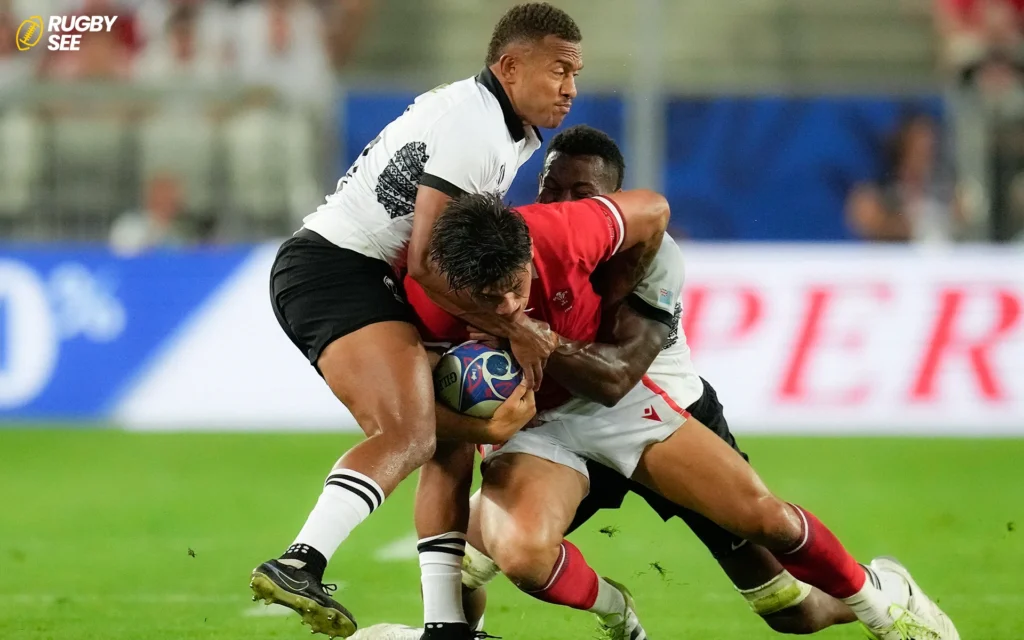
Performance Bonuses
On top of match fees, players can also earn performance bonuses. These are additional payments awarded for achieving certain outcomes, such as winning a match, clinching a tournament, or achieving a series victory. The rationale is to incentivize players to perform at their best and reward them for notable achievements on the international stage.
The Role of Central Contracts
In some rugby nations, central contracts play a crucial role in player compensation. Under this system, the national rugby union employs players directly, paying them a salary that covers both club and international duties. This arrangement ensures players are compensated year-round and can include provisions for playing in international matches. Countries like Ireland and New Zealand use central contracts to manage their players’ workload and ensure top athletes are available for international duty without financial disadvantage and if you want to know more about Rugby players earning read Unveiling the Earnings: How Much Do Rugby Union Players Make.
Variations Across Countries
The approach to paying players for international games can differ markedly across the rugby world. Wealthier rugby unions with lucrative broadcasting deals and sponsorships tend to offer higher compensation, reflecting the commercial success of the sport in those regions. Conversely, rugby unions in developing countries, with limited financial resources, may struggle to provide competitive match fees and rely more heavily on the passion and patriotism of their players.
Challenges and Controversies
The topic of player pay for international games is not without its controversies. Disparities in pay between nations have raised questions about fairness and the potential for a level playing field in international rugby. Furthermore, the financial strain on smaller unions has sparked debates about the need for revenue sharing or support from rugby’s governing bodies to ensure all players are fairly compensated for their contributions to the international game.
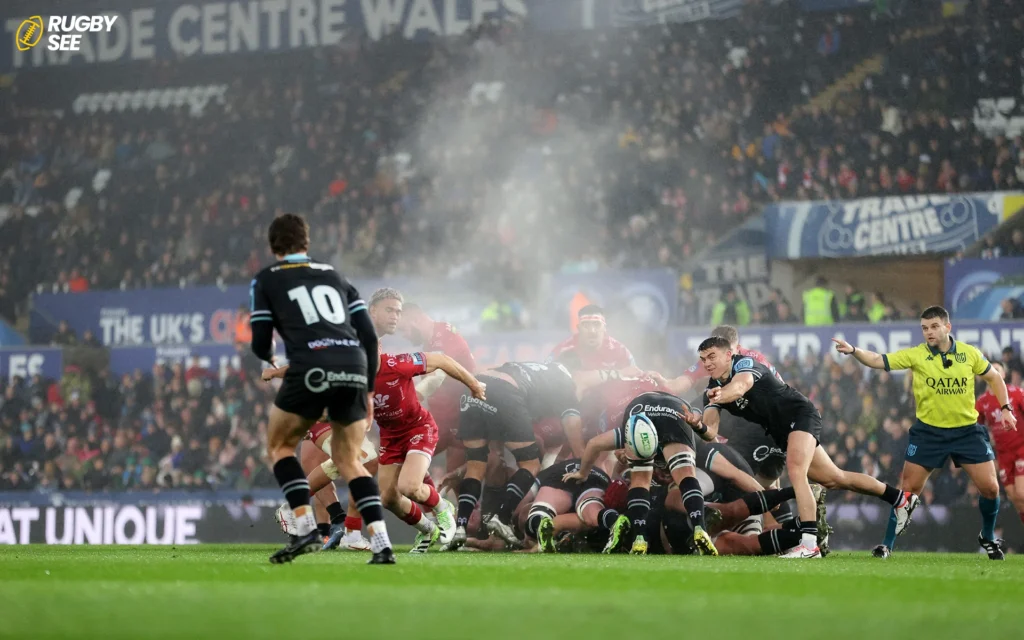
The Impact of Professionalism
The advent of professionalism in rugby union in the mid-1990s marked a significant shift in how players are compensated. Before professionalism, players were amateurs and often not paid for playing international rugby, relying on their careers outside the sport for income. Professionalism has brought about structured payment systems, making rugby a viable career path for athletes around the world.
Beyond the Paycheck: The Broader Implications of International Rugby Compensation
While the financial aspects of playing international rugby are crucial, the implications of how players are compensated extend far beyond individual paychecks. These factors not only affect the players and their careers but also have a significant impact on the sport’s development, competitive balance, and global appeal.
Player Welfare and Career Longevity
The issue of player compensation is intrinsically linked to player welfare. Adequate compensation allows players to focus fully on their rugby careers without the need for additional employment. This professional focus is essential for maintaining high performance levels, managing the physical demands of the sport, and extending career longevity. Furthermore, well-structured compensation packages often include medical and insurance benefits, crucial for a contact sport like rugby.
Talent Development and Retention
The promise of financial rewards for international play can motivate young athletes to pursue rugby as a career. This incentive is vital for talent development within the sport. Moreover, competitive salaries and benefits help retain top talent within rugby union, preventing players from switching to other sports or rugby league, where financial incentives might be more attractive.
Competitive Balance and Global Development
The disparity in player compensation between rugby nations has implications for competitive balance. Wealthier unions can invest more in player development, facilities, and support systems, creating a gap in the performance levels between countries. Addressing these disparities through more equitable distribution of resources and support from international governing bodies can help level the playing field, fostering a more competitive and exciting global sport.
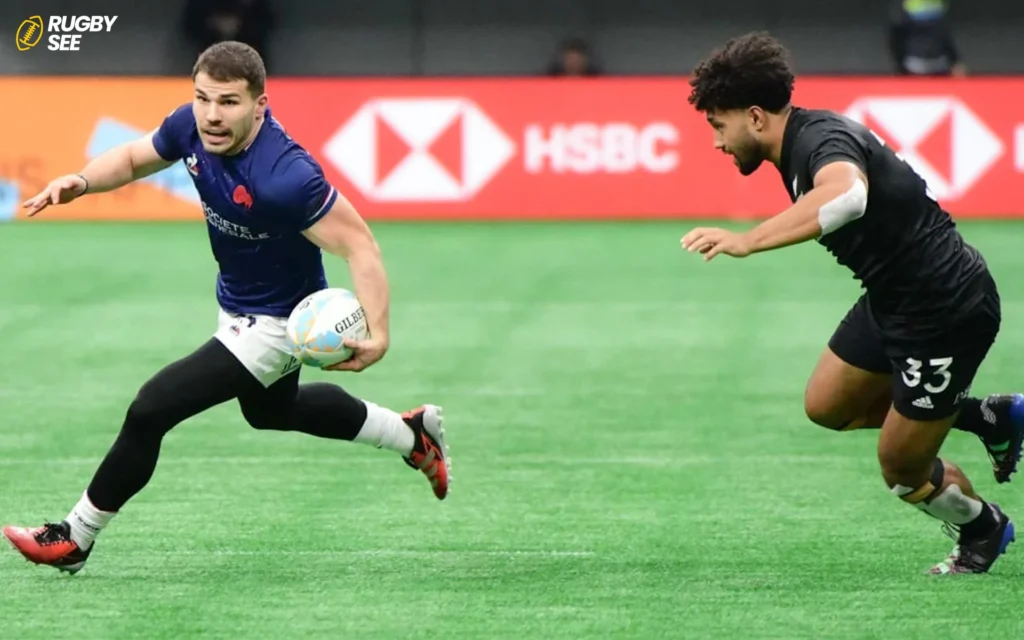
The Role of Sponsorships and Broadcast Deals
Sponsorships and broadcasting deals are pivotal in enabling rugby unions to offer substantial player compensation. These financial streams are not just vital for the sport’s commercial success but also for its ability to attract and retain talent. Investing in marketing and audience engagement strategies can increase the sport’s appeal, thereby attracting more lucrative deals that can support player compensation and development programs and if you want to know more about Rugby players earning in a week read How much rugby union players earn per week.
Looking to the Future
As rugby union continues to evolve, the conversation around player compensation, especially for international games, remains dynamic. The sport faces the challenge of balancing commercial success with fairness and accessibility. Initiatives aimed at increasing the sport’s global reach and popularity, such as expanding into new markets and enhancing competitive balance, can contribute to a more equitable and sustainable financial model for players across the globe.
In conclusion, rugby union players do get paid for international games, but the landscape of compensation is complex and varied. While players from wealthier nations enjoy substantial match fees and bonuses, those from smaller unions face challenges due to limited financial resources. The issue of player compensation in international rugby reflects broader economic disparities within the sport and underscores the ongoing need for discussions about fairness, sustainability, and support for athletes representing their countries on the global stage.
As fans, understanding the financial aspects of international rugby adds another layer of appreciation for the players who dedicate their lives to the sport, often balancing financial considerations with the honor of representing their country. It’s a testament to the passion and commitment that define rugby union, a sport celebrated for its values, tradition, and, importantly, its spirit of unity and respect.
